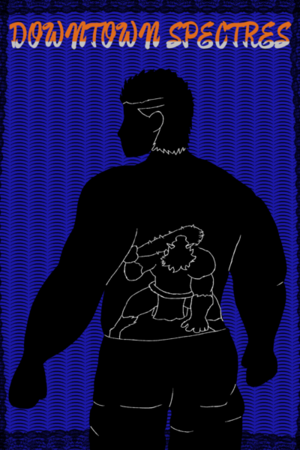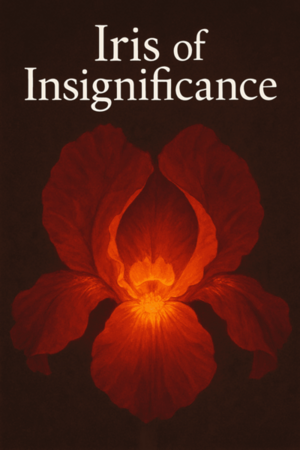Chapter 21:
Blade Runner
The Weight of Being
Scene: Late Evening, Belize – Jessica and Sam Discuss Blade Runner
The night was heavy with salt and heat, the kind that made even the silence feel textured. Jazz from the record player drifted out of the open windows, soft and crackling—Miles Davis, maybe, or Chet Baker, something you didn’t talk over unless the words truly mattered.
Jessica sat curled in the hammock, barefoot, a glass of neat whiskey resting against her thigh. Sam was on the steps of the porch, elbows on knees, slowly spinning his drink in his hand. Neither had spoken for a while.
Then Jessica said, not looking at him, “Do you think Roy knew he was dying from the start?”
Sam took a breath. “You mean biologically or philosophically?”
She smiled without smiling. “Is there a difference?”
He looked out over the dark garden, where the sea whispered beyond the trees. “There always is. But sometimes it doesn’t matter.”
Jessica adjusted slightly in the hammock, the rope creaking under her. “It’s funny. He was the most alive person in the film. And he wasn’t even human.”
“You think he wasn’t?”
“I think he was more human than Deckard, more human than anyone else in that city. He knew what death meant, and he raged against it, not with violence, but with poetry. That last speech… it wasn’t for them. It was for himself. He was trying to leave something behind.”
Sam nodded slowly. “That’s the tragedy, isn’t it? He had more soul than the people who made him. And the world still treated him like a malfunction.”
Jessica was quiet. The glass in her hand caught a fragment of moonlight.
“Sometimes I think that’s what I am,” she said. “A malfunction.”
“Because of what they did to you?”
She shook her head. “Because I keep trying to matter. Like I’m racing toward something—some proof that I’m more than the memory of someone else.”
Sam turned toward her, his voice low. “You are.”
Jessica met his eyes. “You can’t know that.”
“I don’t have to. You choose who you are every day. And every day, you wake up and choose to live. To fight. To protect people who never asked you to.”
She looked down, swirling her whiskey once. “So did Roy.”
“Exactly.”
They sat with that for a long moment.
Then Jessica said, “Deckard doesn’t cry. He drinks. He watches. He tries not to feel anything. But Roy cries. He cries in the rain. And that’s the part I never forgot. He knew what he was losing. He didn’t want more life—he wanted meaning. Something real before the end.”
“And you’re afraid you’ll never get that.”
“I’m afraid I’m already past the end.”
Sam stood and crossed the porch to her, setting his drink aside. He knelt beside the hammock, resting his arms across her legs.
“You’re not. You’re still here.”
“I don’t know what that means.”
“It means you’re still writing your ending.”
Jessica leaned her head back and stared up at the stars, blurry through the haze of emotion she hadn’t yet let herself feel.
“Sometimes I think I’m still in someone else’s script,” she whispered. “Still reciting lines I didn’t write.”
Sam reached up and brushed a loose strand of hair from her face. “Then change the story.”
She let the silence settle over them again, but it felt different now—less like a void, more like a breath held between verses.
And far off in the distance, the wind shifted just enough to bring the sea closer.
Jessica didn’t say anything more.
She just closed her eyes, and listened.




Please sign in to leave a comment.